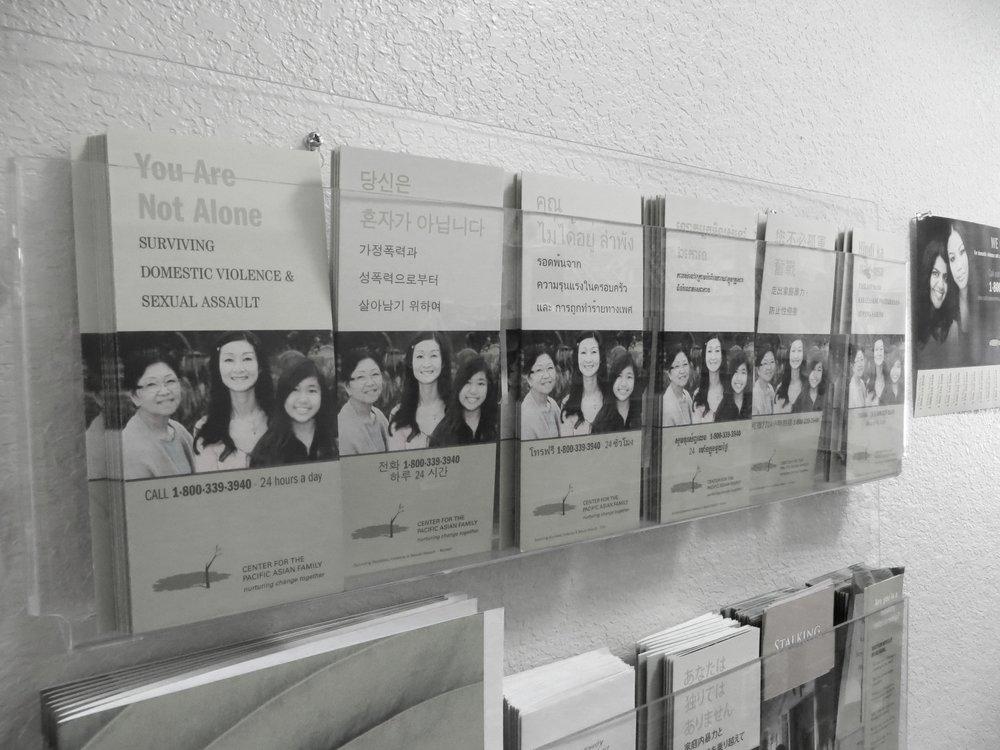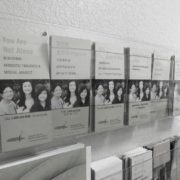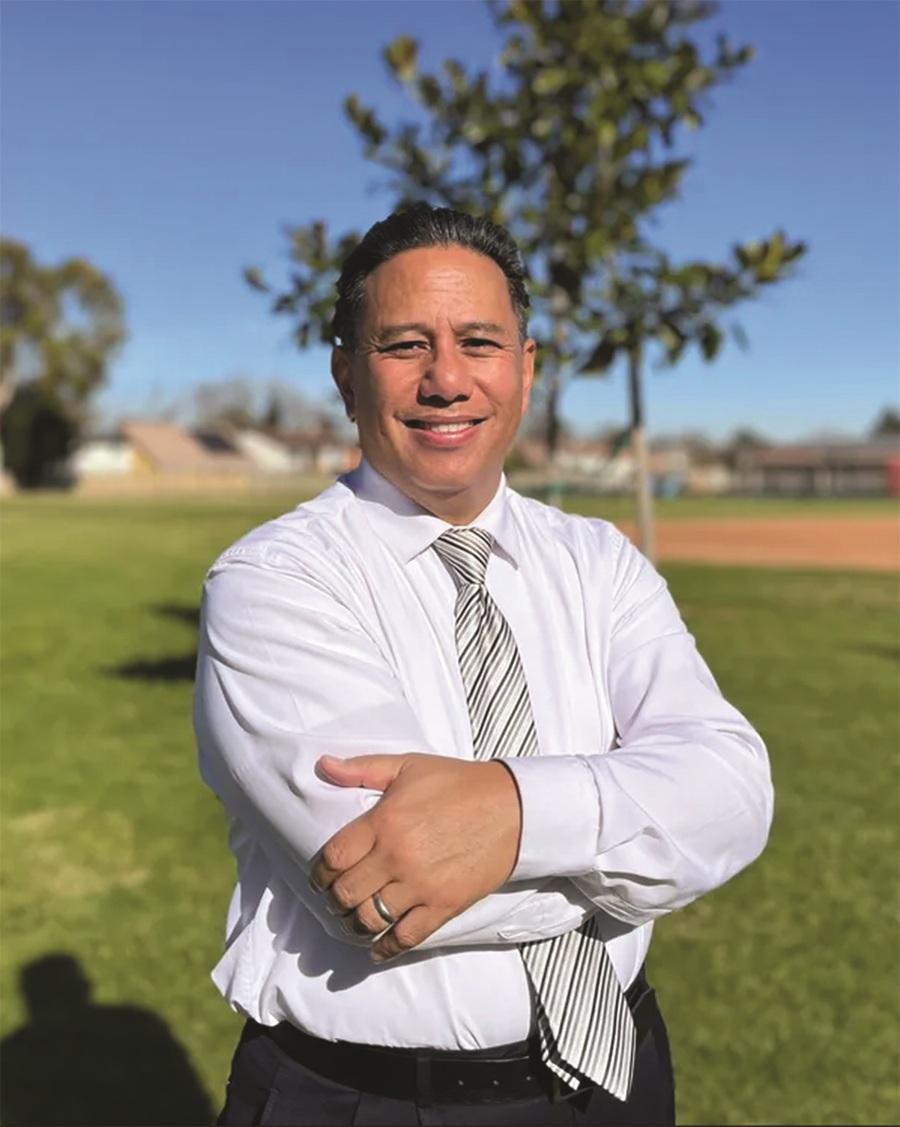
Resources and services still available during pandemic
With safer-at-home orders in place for the past two months in Los Angeles County, officials are expressing concern over the decrease in domestic violence calls.
“We had expected to see an increase and weren’t seeing that. We were instead seeing a drop and our concern was that survivors in the wake of COVID-19, especially in those first few weeks, would not know what was still operational and up and running,” Pallavi Dhawan, director of Domestic Violence Policy & Prevention at the LA City Attorney’s office, said at a virtual media roundtable on Thursday, May 21.
In light of this, advocacy groups are sending out a reminder that resources are still available and accessible amidst COVID-19 shutdowns.
Studies have shown that just knowing what resources are available makes a survivor of domestic violence 25% safer.
Many who experience domestic violence often receive information on how they can get help through neighbors, school teachers, friends, church leaders, or others in their community. Those resources are now not as easily accessible as they stay home with their abusers.
Because domestic violence is often less talked about in AAPI communities, AAPIs may not only be unaware of what resources are available, but also of what rights they have or what they could seek help for.
This is compounded by the belief that victims will be blamed or stigmatized, or that their situation will be seen as something wrong in their family.
“Within their frame of reference which may be their country of origin, perhaps something like marital rape is not against the law or not something that’s seen as a problem that they can actually get help for,” said Debra Suh, executive director at the Center for the Pacific Asian Family (CPAF), an organization that provides domestic violence, sexual assault, and child abuse services in Los Angeles.
CPAF runs a 24/7 helpline where callers can expect to have someone respond in 90 seconds and provide service in 30 different Asian languages, including Tagalog.
AAPIs make up 15% of California’s population, a percentage that mirrors Los Angeles County’s population. However, AAPIs are only using about 3% of resources being put into domestic violence, Suh explained.
The economic depression resulting from the pandemic has been another stressor to domestic violence, one that can impact individuals in every socio-economic group.
“If violence has been in the household, it escalates and becomes worse,” said Suh, adding that domestic violence has been observed to go up during crises. For example, it went up during Hurricane Katrina.
The COVID-19 crisis has been especially troublesome for the AAPI community in that many businesses have been experiencing losses upwards of 80% of their revenue.
Many domestic violence survivors have been calling CPAF to say that they’ve lost their jobs and need help.
Also adding to stressors is the fact that hate crimes and discrimination towards AAPI, especially the Chinese community, have been increasing.
“So even if it feels like they are not safe at home, they’re not going out,” said Suh.
If someone is experiencing domestic violence, CPAF and other advocacy groups recommend the individual formulate a safety plan that can be relied upon.
“We have been also telling people that because of the restrictions on outside activities, they should as much as they can, find a safe space inside their home to the extent that it is possible to sort of separate from the abuser,” said Dhawan. “These are tactics meant to buy time until help arrives.”
Another suggestion is to reach to neighbors, friends, or relatives who may be able to access resources, and let them know what is happening. Neighbors, friends, and relatives can also call domestic violence hotlines to find out what are the best ways they can help their neighbors, friends, or relatives in need of help.
In a time when people are also wearing masks and other types of coverage, advocates are encouraging others who may not personally be experiencing domestic violence to stay vigilant and make a report for someone who may be showing signs of abuse.
“Go ahead and make that report for someone because you could eventually end up saving someone’s life,” said Cindy Shin, CEO and founder of KACIE Strategies, which hosted the roundtable.
Dhawan also encouraged people to reach out for domestic violence services regardless of whether they want to stay or go as those answering the hotlines are trained and can help individuals and survivors decide.
“It doesn’t have to be a major decision just to reach out to another [person] or to a hotline,” she said.
Aside from their helpline, CPAF also offers a longer-term shelter transition program, online support for families, and youth programs including a healthy relationship program being offered this summer.
More information about CPAF’s services can be found on nurturingchange.org. People can also call LA County’s domestic violence hotline at 1-800-978-3600 to be directed to domestic violence services across the county, as well as 211 for essential community services. (Rae Ann Varona/AJPress)







